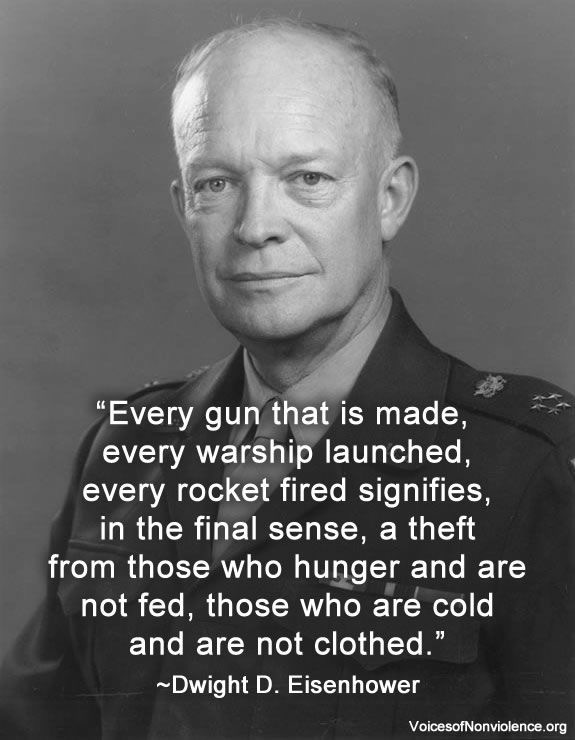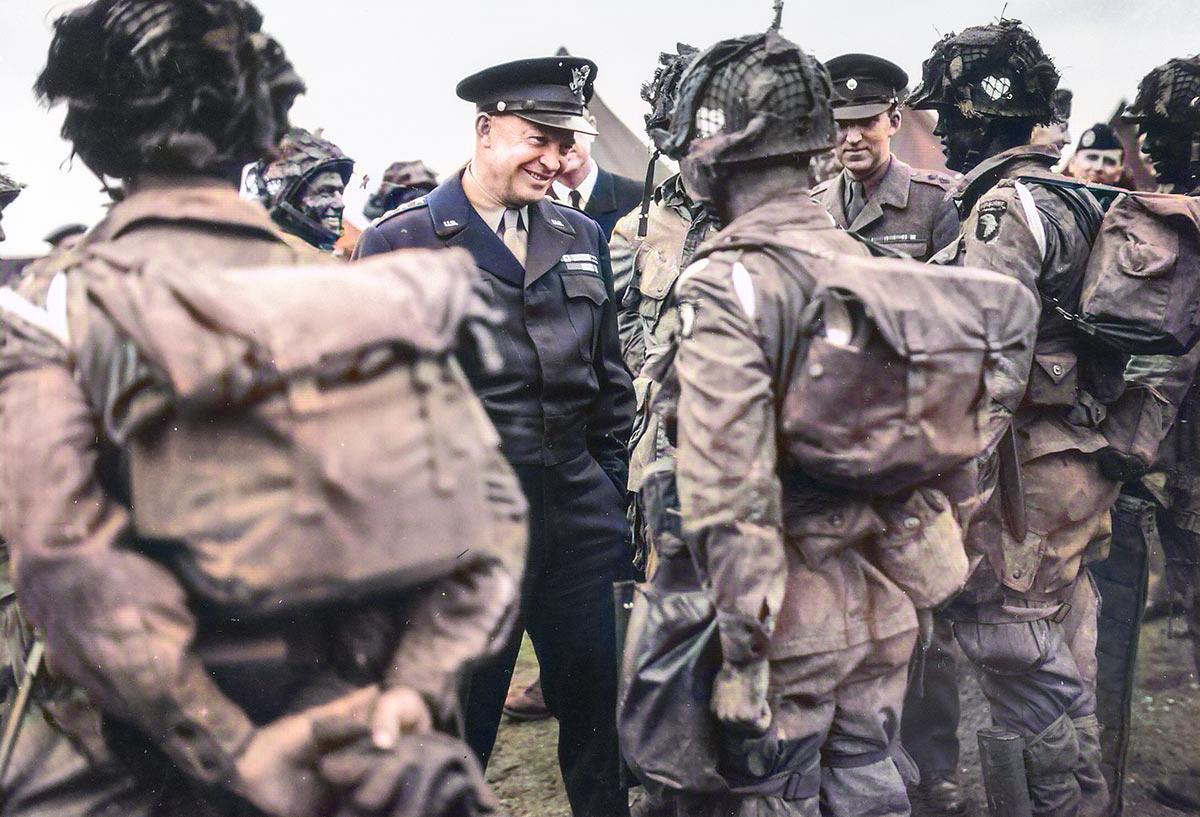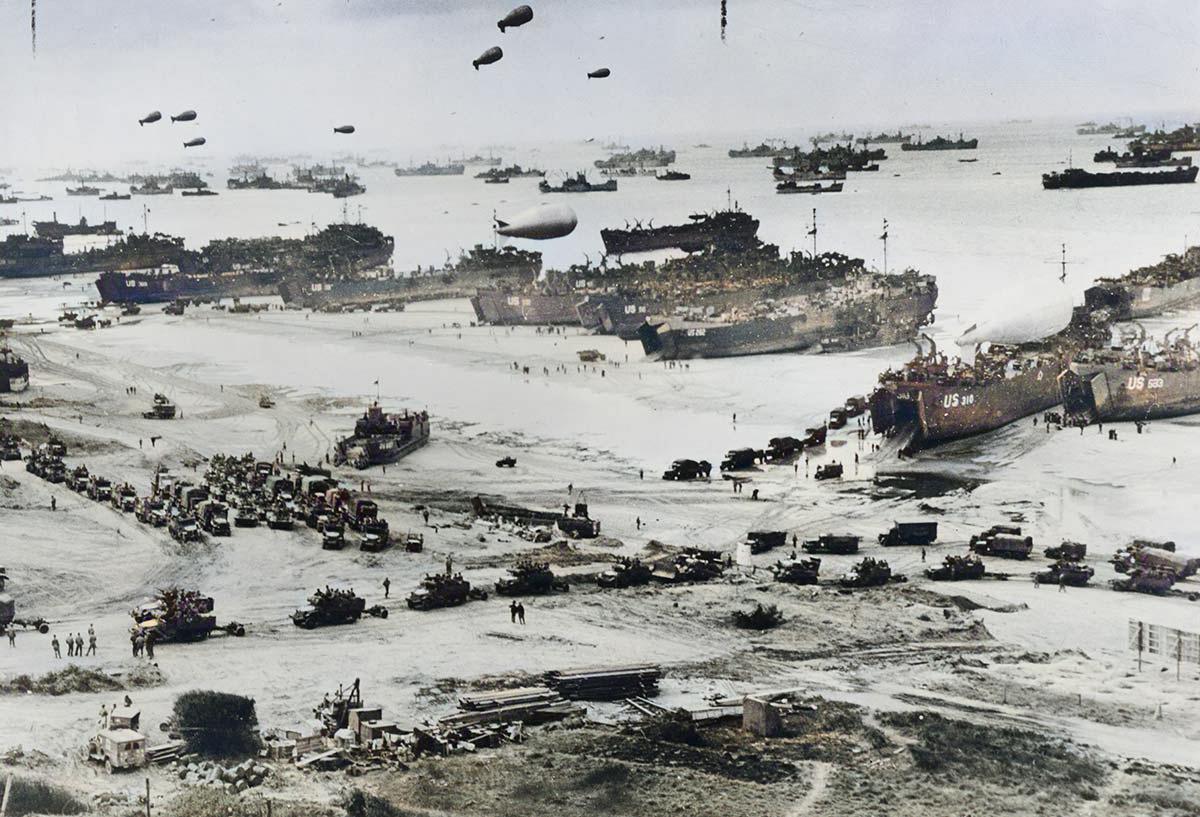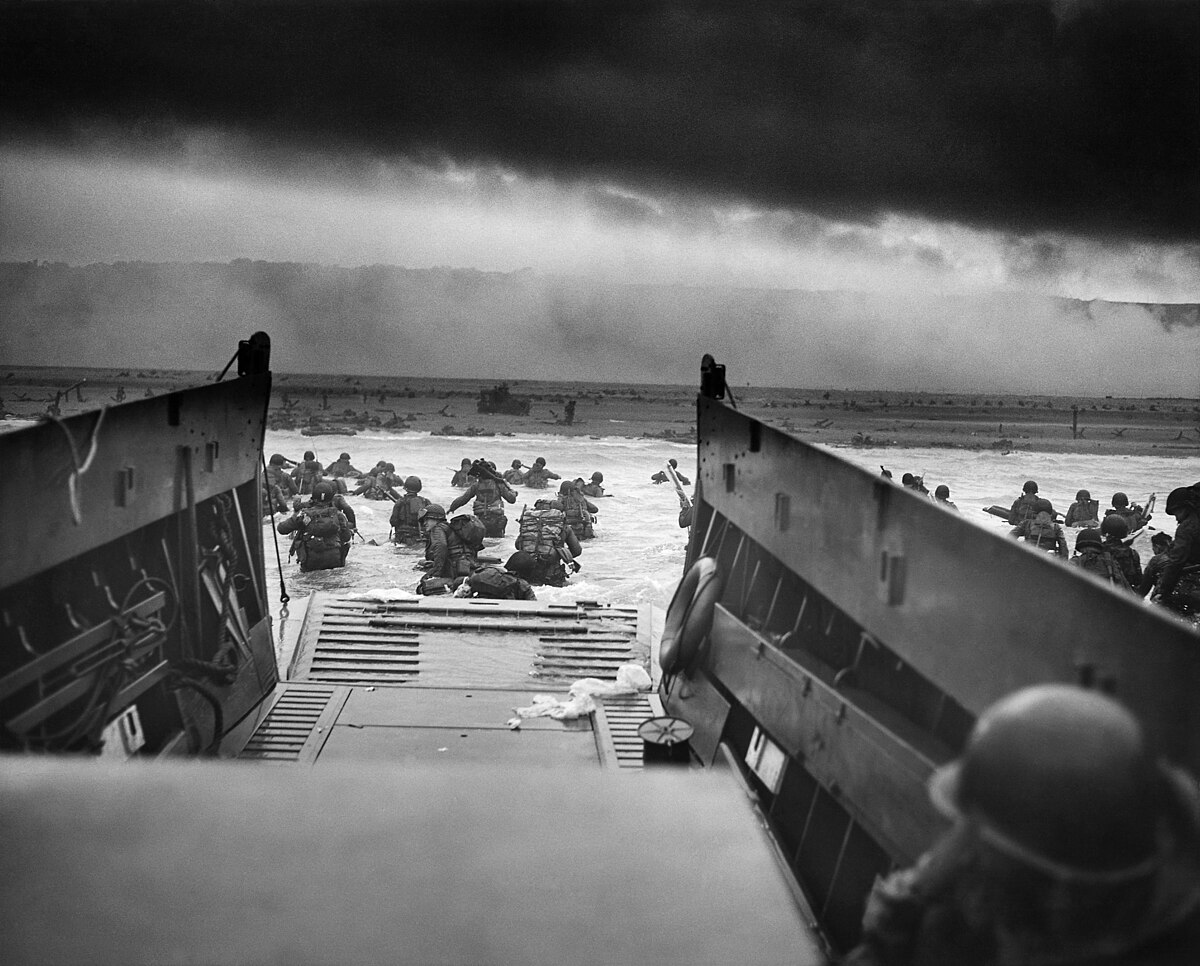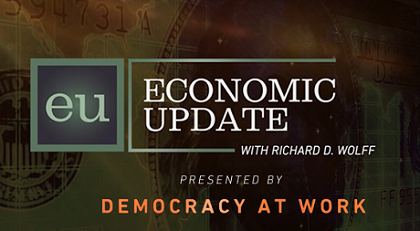Tom Dispatch
(...) Let’s start with President George H.W. Bush’s assurance to then-Soviet leader Mikhail Gorbachev that NATO would not move “one inch to the east” — and that pledge has been verified. My question to you is, why didn’t Gorbachev get that in writing?
Noam Chomsky: He accepted a gentleman’s agreement, which is not that uncommon in diplomacy. Shake-of-the-hand. Furthermore, having it on paper would have made no difference whatsoever. Treaties that are on paper are torn up all the time. What matters is good faith. And in fact, H.W. Bush, the first Bush, did honor the agreement explicitly. (...)
Clinton in his first couple of years also adhered to it. What the specialists say is that by about 1994, Clinton started to, as they put it, talk from both sides of his mouth. To the Russians he was saying: Yes, we’re going to adhere to the agreement. To the Polish community in the United States and other ethnic minorities, he was saying: Don’t worry, we’ll incorporate you within NATO. (...)
From 2014, the U.S. and NATO began to pour arms into Ukraine — advanced weapons, military training, joint military exercises, moves to integrate Ukraine into the NATO military command. (...)
In 2019, Volodymyr Zelensky was elected with an overwhelming majority — I think about 70% of the vote — on a peace platform, a plan to implement peace with Eastern Ukraine and Russia, to settle the problem. He began to move forward on it and, in fact, tried to go to the Donbas, the Russian-oriented eastern region, to implement what’s called the Minsk II agreement. It would have meant a kind of federalization of Ukraine with a degree of autonomy for the Donbas, which is what they wanted. Something like Switzerland or Belgium. He was blocked by right-wing militias which threatened to murder him if he persisted with his effort.
Well, he’s a courageous man. He could have gone forward if he had had any backing from the United States. The U.S. refused. (...) The U.S. was intent on this policy of integrating Ukraine step by step into the NATO military command. That accelerated further when President Biden was elected. (...)
On February 24th, Putin invaded, a criminal invasion. These serious provocations provide no justification for it. If Putin had been a statesman, what he would have done is something quite different. He would have gone back to French President Emmanuel Macron, grasped his tentative proposals, and moved to try to reach an accommodation with Europe, to take steps toward a European common home.
The U.S., of course, has always been opposed to that. (...) So, had there been any statesmen within Putin’s narrow circle, they would have grasped Macron’s initiatives and experimented to see whether, in fact, they could integrate with Europe and avert the crisis. Instead, what he chose was a policy which, from the Russian point of view, was total imbecility. Apart from the criminality of the invasion, he chose a policy that drove Europe deep into the pocket of the United States. (...)
Can we try to bring this horror to an end? Or should we try to perpetuate it? Those are the choices.
There’s only one way to bring it to an end. That’s diplomacy. Now, diplomacy, by definition, means both sides accept it. They don’t like it, but they accept it as the least bad option. It would offer Putin some kind of escape hatch. That’s one possibility. The other is just to drag it out and see how much everybody will suffer, how many Ukrainians will die, how much Russia will suffer, how many millions of people will starve to death in Asia and Africa, how much we’ll proceed toward heating the environment to the point where there will be no possibility for a livable human existence. Those are the options. Well, with near 100% unanimity, the United States and most of Europe want to pick the no-diplomacy option. It’s explicit. We have to keep going to hurt Russia. (...)
Barsamian: In the media, and among the political class in the United States, and probably in Europe, there’s much moral outrage about Russian barbarity, war crimes, and atrocities. No doubt they are occurring as they do in every war. Don’t you find that moral outrage a bit selective though?
Chomsky: The moral outrage is quite in place. There should be moral outrage. (...)
When people in the Global South hear this, they don’t know whether to crack up in laughter or ridicule. We have war criminals walking all over Washington. Actually, we know how to deal with our war criminals. In fact, it happened on the twentieth anniversary of the invasion of Afghanistan. Remember, this was an entirely unprovoked invasion, strongly opposed by world opinion. (...) George W. Bush, who then went on to invade Iraq. (...)
Or take probably the major war criminal of the modern period, Henry Kissinger. We deal with him not only politely, but with great admiration. This is the man after all who transmitted the order to the Air Force, saying that there should be massive bombing of Cambodia — “anything that flies on anything that moves” was his phrase. I don’t know of a comparable example in the archival record of a call for mass genocide. And it was implemented with very intensive bombing of Cambodia. We don’t know much about it because we don’t investigate our own crimes. (...) Then there’s our role in overthrowing Salvador Allende’s government in Chile and instituting a vicious dictatorship there, and on and on. (...)
Barsamian: I’ve got a little puzzle for you. It’s in two parts. Russia’s military is inept and incompetent. Its soldiers have very low morale and are poorly led. Its economy ranks with Italy’s and Spain’s. That’s one part. The other part is Russia is a military colossus that threatens to overwhelm us. So, we need more weapons. Let’s expand NATO. How do you reconcile those two contradictory thoughts?
(...) George Orwell had a name for that. He called it doublethink, the capacity to have two contradictory ideas in your mind and believe both of them. (...)
Such doublethink is, for instance, characteristic of Cold War thinking. You go way back to the major Cold War document of those years, NSC-68 in 1950. Look at it carefully and it showed that Europe alone, quite apart from the United States, was militarily on a par with Russia. But of course, we still had to have a huge rearmament program to counter the Kremlin design for world conquest. (...)
Russia, [diplomat George Kennan] thought, would ultimately collapse from internal contradictions, which turned out to be correct. But he was considered a dove all the way through. In 1952, he was in favor of the unification of Germany outside the NATO military alliance. That was actually Soviet ruler Joseph Stalin’s proposal as well. Kennan was ambassador to the Soviet Union and a Russia specialist.
Stalin’s initiative. Kennan’s proposal. Some Europeans supported it. It would have ended the Cold War. It would have meant a neutralized Germany, non-militarized and not part of any military bloc. It was almost totally ignored in Washington. (...)
Barsamian: In an article in Truthout, you quote Eisenhower’s 1953 “Cross of Iron” speech. What did you find of interest there?
Chomsky: You should read it and you’ll see why it’s interesting. It’s the best speech he ever made. This was 1953 when he was just taking office. Basically, what he pointed out was that militarization was a tremendous attack on our own society. He — or whoever wrote the speech — put it pretty eloquently. One jet plane means this many fewer schools and hospitals. Every time we’re building up our military budget, we’re attacking ourselves. (...)
Recently, in fact, Biden proposed a huge military budget. Congress expanded it even beyond his wishes, which represents a major attack on our society. (...)
The excuse: the claim that we have to defend ourselves from this paper tiger, so militarily incompetent it can’t move a couple of miles beyond its border without collapse. (...)
Meanwhile, we pour taxpayer funds into the pockets of the fossil-fuel producers so that they can continue to destroy the world as quickly as possible. That’s what we’re witnessing with the vast expansion of both fossil-fuel production and military expenditures.
If you imagine some extraterrestrials, if they existed, they’d think we were all totally insane. And they’d be right.
Complete article
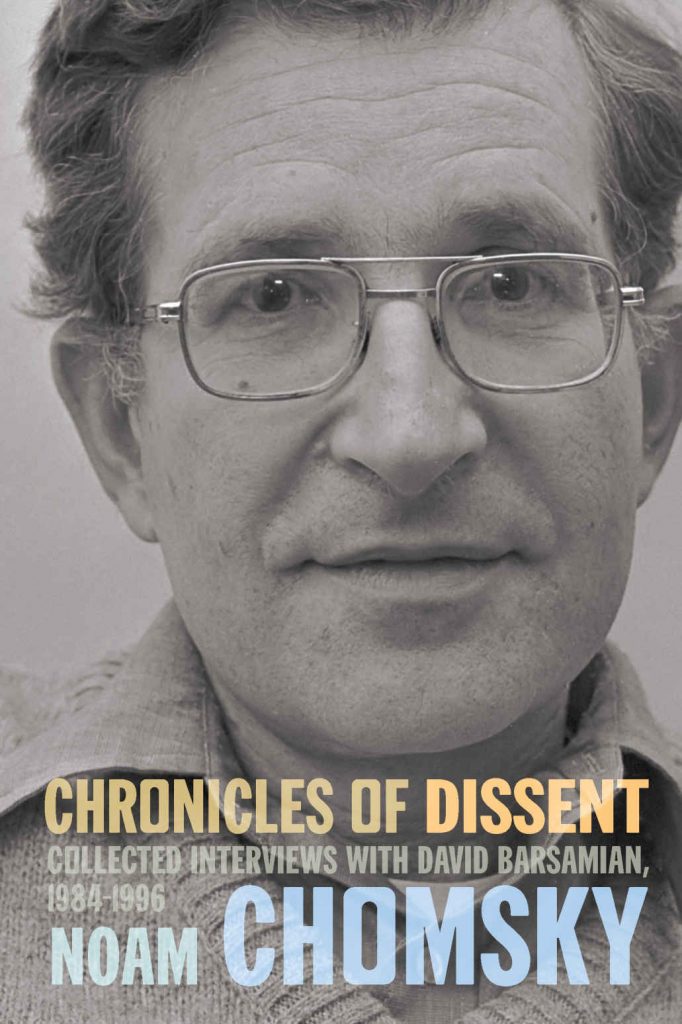
Tags: #ukraine #us #bush #clinton #nato #diplomacy #war #invasion #agression #russia #donbas #zelensky #minsk_II #biden #putin #blinken #food_shortages #hunger #europa #eu #european_union #afghanistan #iraq #global_south #cambodia #carpet_bombing #kissinger #chile #allende #coup #cold_war #kennedy #Khrushchev #eisenhower #military_industrial_complex #pentagon #doublethink


